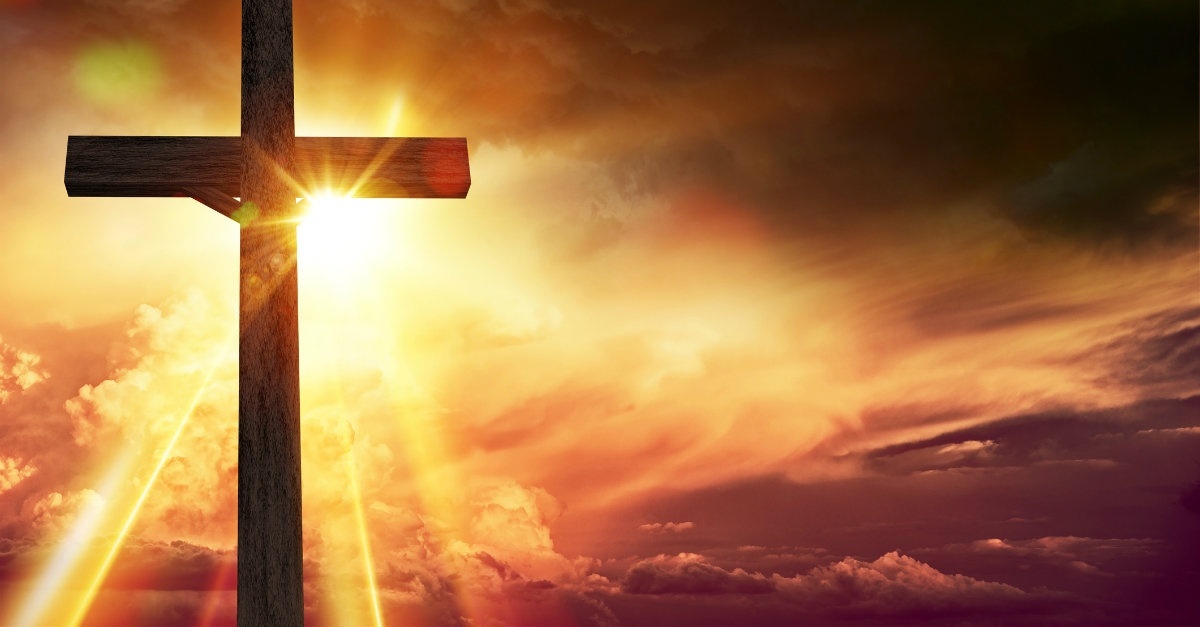In my understanding and acceptance...
In the beginning there was God and and He desired a relationship with Man created in his own image. There was already separate, God's Will and Self Will, evidence by the devil, a fallen angel, desiring to be God, was cast down to earth. The bonding of 2 wills is the essence of love. With only one will there is no love. Thus, God is love and desired love himself. It is in Man's nature to ponder and know a higher being.
God and Man were in perfect union in love in the Garden of Eden. That is until, the devil tempted and poisoned man's will with the desire to be all knowing like God.
Sin entered the picture through this tempting. Sin infected Man's will, nature, and environment as Man was the caretaker of the Earth. Sin infects the the smallest element of fiber, thought, action, and event.
God has used several attempts to reconcile Man to him in a loving union. First the flood and then with conclusion the casting of the devil into Hell.
God through Christ has been (and is) the only way to restore us, Man, through our forgiveness and washing away of sin into a loving union with Him. God uses our Sin, the Sin of this world, to turn us back toward a loving union with Him. This, to me, explains the afflictions upon the Egyptians while bonding the Israelites. Before Christ, this atonement was ordered through sacrifice with Christ being the final sacrifice.
The premature death of a child, imo, is a product of our Sin nature and world, not an overt act of God. Believing this way turns us toward God in healing and restoration rather away from God in anger and resentment.
In the beginning there was God and and He desired a relationship with Man created in his own image. There was already separate, God's Will and Self Will, evidence by the devil, a fallen angel, desiring to be God, was cast down to earth. The bonding of 2 wills is the essence of love. With only one will there is no love. Thus, God is love and desired love himself. It is in Man's nature to ponder and know a higher being.
God and Man were in perfect union in love in the Garden of Eden. That is until, the devil tempted and poisoned man's will with the desire to be all knowing like God.
Sin entered the picture through this tempting. Sin infected Man's will, nature, and environment as Man was the caretaker of the Earth. Sin infects the the smallest element of fiber, thought, action, and event.
God has used several attempts to reconcile Man to him in a loving union. First the flood and then with conclusion the casting of the devil into Hell.
God through Christ has been (and is) the only way to restore us, Man, through our forgiveness and washing away of sin into a loving union with Him. God uses our Sin, the Sin of this world, to turn us back toward a loving union with Him. This, to me, explains the afflictions upon the Egyptians while bonding the Israelites. Before Christ, this atonement was ordered through sacrifice with Christ being the final sacrifice.
The premature death of a child, imo, is a product of our Sin nature and world, not an overt act of God. Believing this way turns us toward God in healing and restoration rather away from God in anger and resentment.




